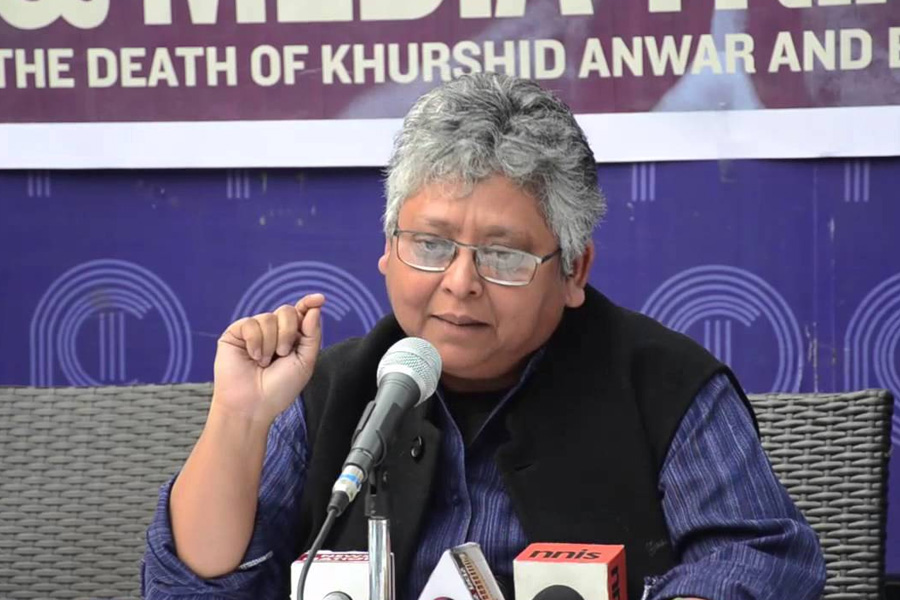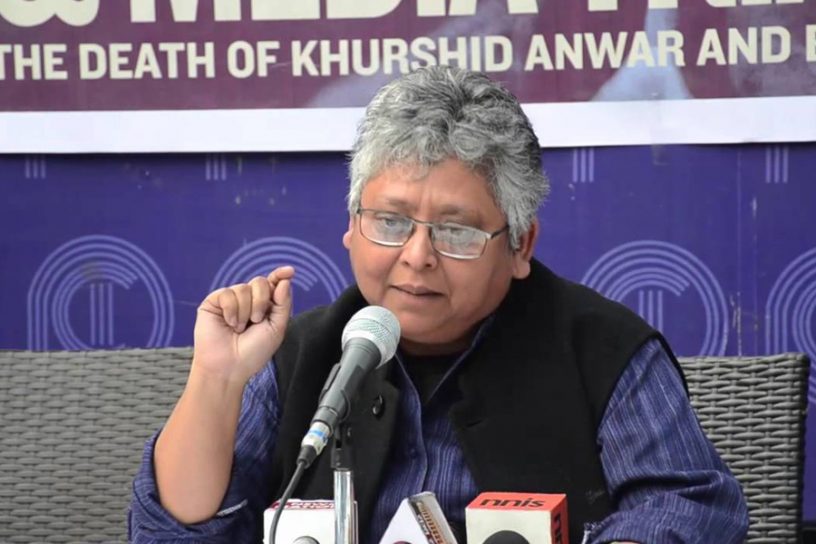
An attention to historical trajectory and the changing contexts of media cultures in both India and the West, Ghosh argues, helps us see what exceptionalises the understanding of children’s suffering when the context is sexual in nature.
Author
Oishik Sircar, Professor, Jindal Global Law School, O.P. Jindal Global University, Sonipat, Haryana, India.
Summary
It is axiomatic to consider the child as innocent. The image of the innocent child stands in contrast to the cruelty of the world that we inhabit. The innocent child is instrumentalised to advance a moral project of rights that consider protection and care as universal virtues of a modern civilisation. Historically, the media has been the most pervasive of tools used to perpetuate this image (followed closely by the law).
The relationship between childhood and innocence is a historically contingent idea that has been politically deployed with the specific aim of producing the image of the ideal or ‘customized child’, one that is devoid of political and sexual agency and is perpetually vulnerable to suffering. One of the abiding aims of modern culture has been to keep the child’s innocence immune from contamination by the assumed perversity of sex and sexuality.
Since both childhoods and media images are historically contingent, Shohini Ghosh in this interview considers them to be discourses that are constructed in and through specific contexts.
An attention to historical trajectory and the changing contexts of media cultures in both India and the West, Ghosh argues, helps us see what exceptionalises the understanding of children’s suffering when the context is sexual in nature. Ghosh offers nuanced and rigourous scholarly arguments about what is at stake for ideas of freedom in general and recognising children as political beings in particular, when considering the relationship between children, sex and sexuality.
These are not matters of academic concern alone, but has material consequences with regard to the way in which we want to understand children as citizens with the capacity to think, judge and produce knowledge.
Published in: Jindal Global Law Review
To read the full article, please click here.


